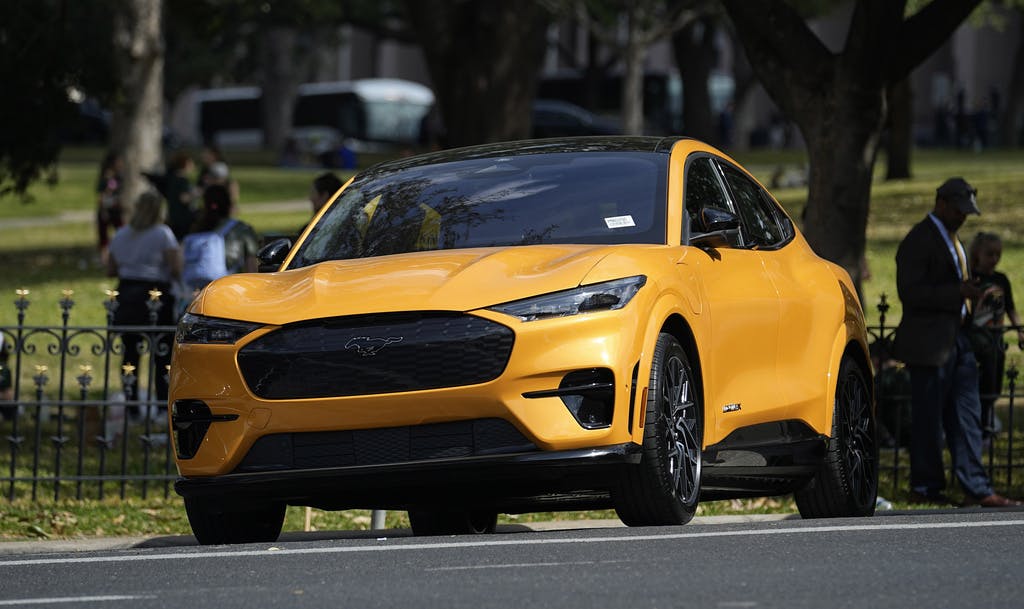
Democrats Push Companies To Pass Tariff Refunds Along to Consumers, but Trump Administration Balks at Starting the Process
By LUKE FUNK
|The state’s environmental regulators will decide next week on whether to implement California-style EV rules, mandates that are ‘so out of touch that it’s mind-boggling,’ one analyst says.


By LUKE FUNK
|
By JOTAM CONFINO
|
By M.L. NESTEL
|
By BRADLEY CORTRIGHT
|
By JOTAM CONFINO
|
By JAMES BROOKE
|
By NOVI ZHUKOVSKY
|
By MATTHEW RICE
|Already have a subscription? Sign in to continue reading
$0.01/day for 60 days
Cancel anytime
By continuing you agree to our Privacy Policy and Terms of Service.